(September 28, 2025) Avinit Bagri, co-founder of The Filter Coffee, has built an entrepreneurial journey that celebrates the heritage of South Indian cuisine. Starting with a single proof-of-concept outlet, the brand now operates across nine locations across Bengaluru including three cloud kitchens, with plans to expand across India and key international markets. The brand’s steady ascent reflects Avinit’s own journey across continents and industries. He brings a mix of international perspective and deep cultural grounding, making the case for authentic South Indian food while straddling varied aspects of business and entrepreneurship.
The entrepreneur and his school friend Sankrit Iyer, co-founder of The Filter Coffee, believe that in the restaurant business you are only as good as your last meal served. By adhering to this, they aim to double their footprint annually for the next decade. In 2023, Deepak Agarwal, promoter of Bikaji Foods, recognised their potential and became an investor, further fuelling their ambition to create one of the world’s largest South Indian food brands. “We have built this business with an extremely robust backend which is spread over 50,000 square feet with a state-of-the-art lab for quality control and a cold and frozen supply chain, all of which will help us implement globally approved food safety systems and provide us with favourable unit economics at scale,” explains Avinit in chat with Global Indian.
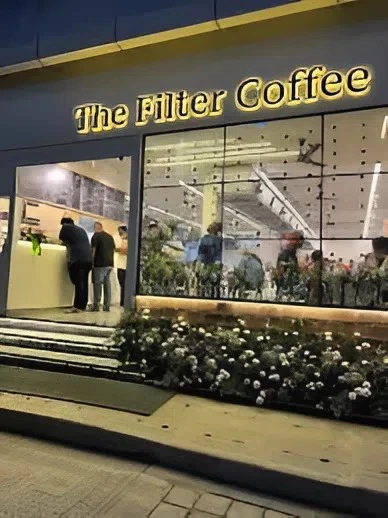
Rewinding to the past
Born in Chicago, USA, Avinit moved to India, where he completed his schooling at Vidya Niketan School and earned an undergraduate degree in Computer Science Engineering from MSRIT in Bangalore in 2008. In 2012, he pursued a postgraduate degree in localisation at the University of Limerick in Ireland. This highly specialised programme, tailored for translation and localisation industries, emphasised cutting-edge technologies like machine learning and machine translation.
“My time in Ireland opened my eyes to how international companies approach problem-solving. I learnt that research into tools like machine translation, which began gaining traction around 2010, had started a decade earlier. This forward-thinking mindset—planning for future challenges rather than focusing solely on immediate needs—profoundly influenced me. In an era where many businesses prioritise short-term gains, I strive to build enterprises that stand the test of time,” he says.
Another key takeaway for him was the importance of assembling the right team for the right job and empowering them to execute. This ethos shapes his management style, emphasising trust in capable teams to drive success.
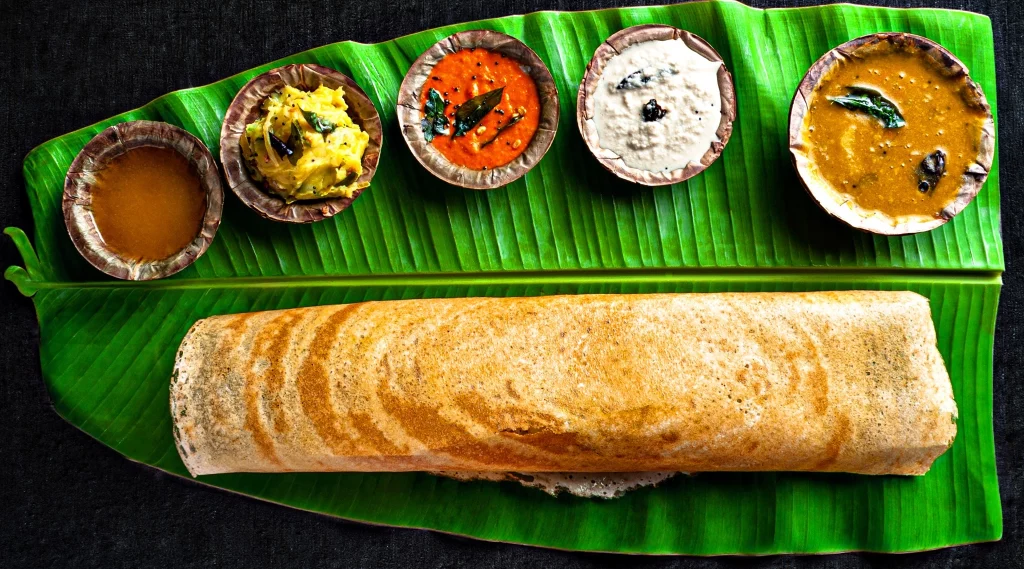
Photo Credit: The Filter Coffee
Career path
From 2013 to 2014, Avinit worked in his family’s businesses, which spanned translation, localisation, flour milling, and real estate in Bangalore and Guwahati. This experience gave him insight into managing large family enterprises, but he soon realised that he wanted to forge his own path. His parents’ support for experimentation encouraged him to explore new opportunities.
In 2014, he interned with Kishore Biyani (former MD of Future Group) and Ashni Biyani (former MD of Future Consumer Limited), later joining them full-time until 2021. “I played a key role in establishing a 110-acre agri-manufacturing facility in Tumkur, near Bangalore. Working closely with the leadership, I contributed to building FMCG brands from the ground up, managing functions like procurement, manufacturing, supply chain, category management, and branding. At its peak, the teams I worked with handled approximately ₹3,000 crore in annualised business,” he says.
Since 2021, he has focused on growing The Filter Coffee full-time and continues to advise his family’s businesses, leveraging his cross-functional experience to strengthen his core ventures.
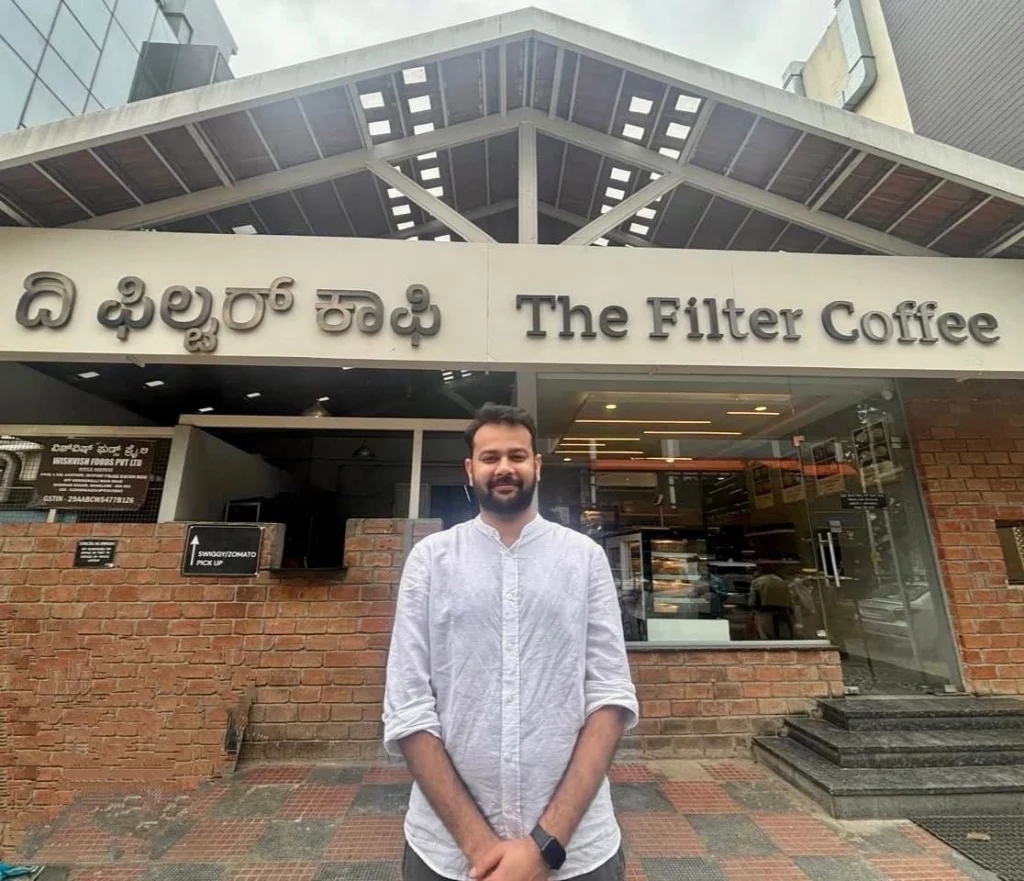
Avinit Bagri
The Filter Coffee journey
The Filter Coffee was founded in 2014 by his school friend and co-founder, Sankrit Iyer, and Avinit Bagri joined as a co-founder in 2018 after the first outlet proved its concept. “Our goal was to build something meaningful while enjoying the process. We saw a significant opportunity to organise the South Indian food market by offering high-quality, standardised products and scaling them into a large chain. As industry outsiders, we approached challenges from first principles, which has been key to our success and will continue to drive our growth,” says Avinit.
Over the past five years, the South Indian food sector has seen significant growth, with new entrants in restaurants, snacks, and sweets. Traditional items like idli, vada, dosa, and filter coffee enjoy strong demand, making it easier to operate in an established category rather than creating a new one.
“At The Filter Coffee, we focus on what we want to achieve and, equally important, what we want to avoid. We ensure fresh batters daily, standardised recipes, maintained high food quality and consistency, and prioritised safety and hygiene. From 2014 to 2020, we faced numerous challenges, but after establishing ourselves as a brand, operations became smoother. I’m proud to say we consistently receive top customer satisfaction scores on online aggregators, social media, and offline reviews,” he adds.
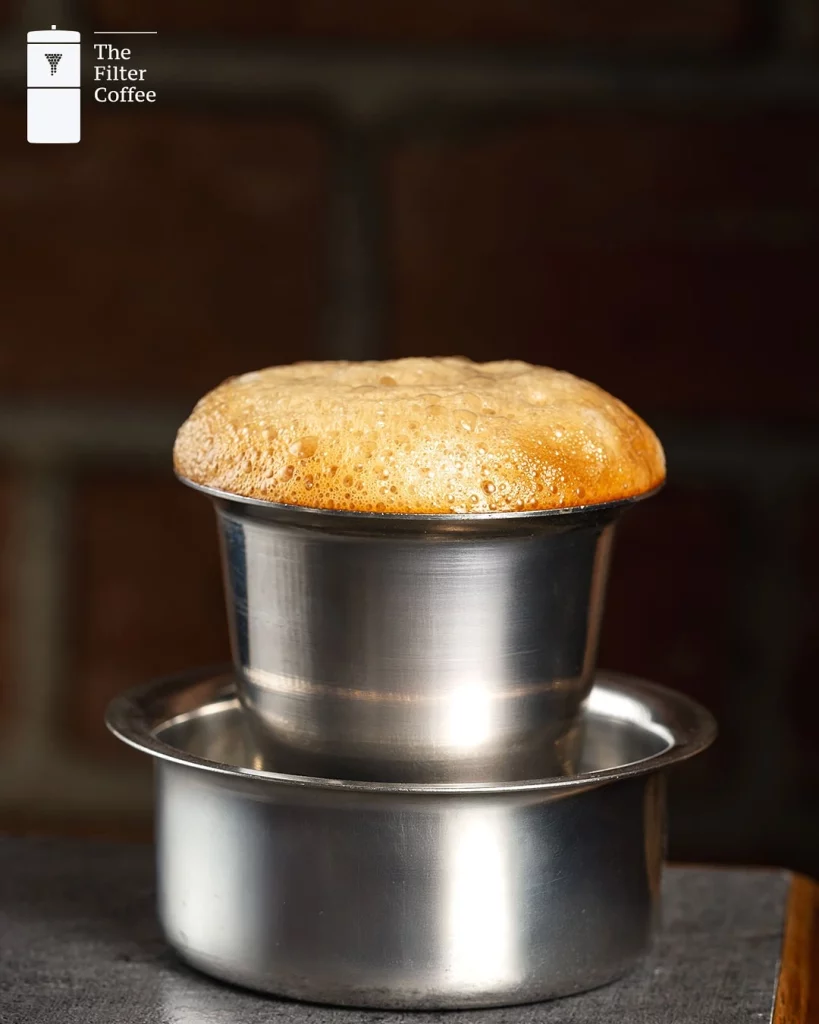
The Filter Coffee
Entrepreneurial talk
Entrepreneurship is a rollercoaster, and the COVID-19 pandemic was their most existential challenge. From March to July 2020, they had zero revenue while supporting a team of 150 employees and contractual workers. With deferred payment terms from landlords and suppliers, and the team agreeing to an 85 percent salary deferment with basic stipends, they provided housing and food to ensure their well-being.
“When the first lockdown lifted, business rebounded strongly. Our team’s unity and resilience enabled us to double our footprint between November 2020 and April 2021, even as other restaurants struggled with staffing. Remarkably, our core team from 2014 remains intact, continuously upskilling and integrating with new talent,” he says.
His advice to budding entrepreneurs is simple: “Building a business on paper is easy, but execution is the real challenge. Entrepreneurs are naturally optimistic, which drives risk-taking, but planning for worst-case scenarios is crucial. I strongly advocate for building strong teams. If you’re a solo founder, find a co-founder whose strengths complement your weaknesses. Be prepared for a volatile yet rewarding journey. Building a business is rarely about instant results—it’s a marathon. Celebrate the wins, learn from the losses, and stay resilient. How you handle setbacks will set you apart as a great entrepreneur,” he advises.
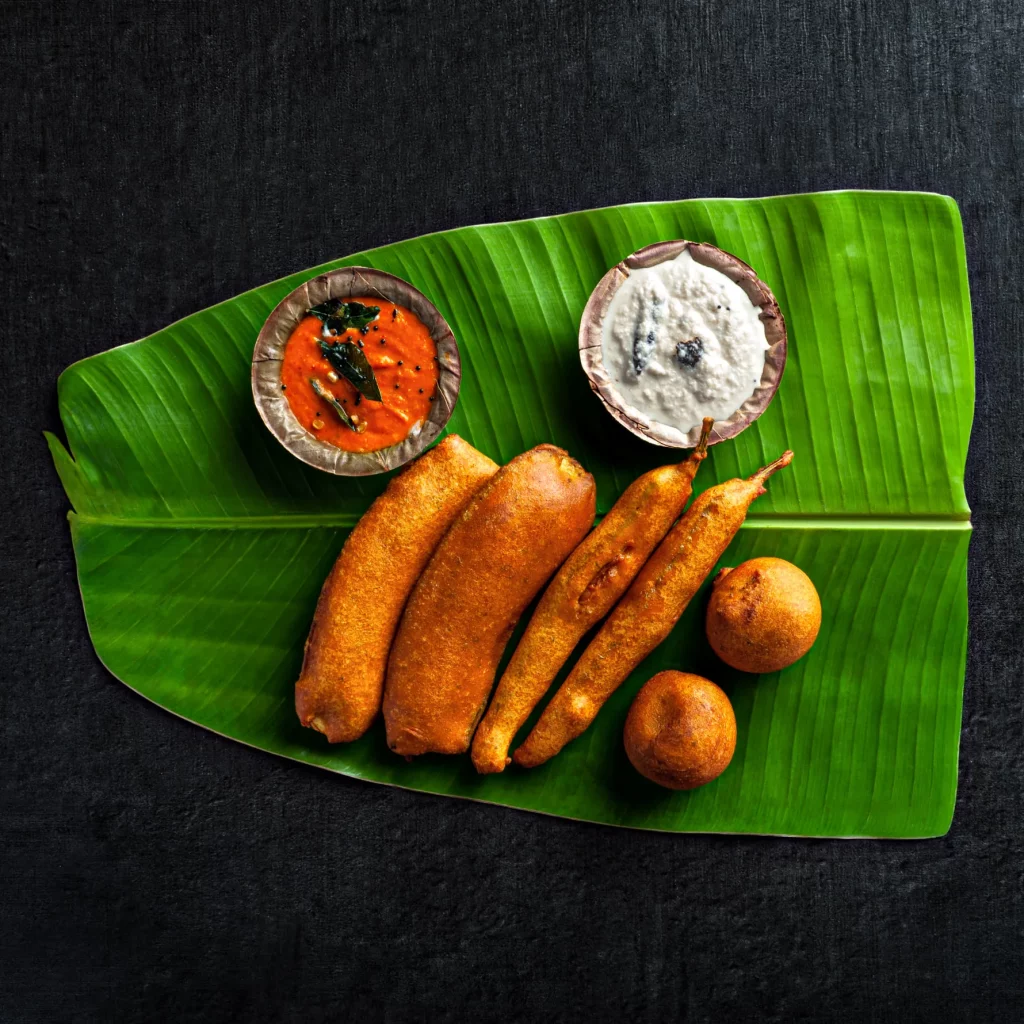
Photo Credit: The Filter Coffee
Global cues
Avinit is grateful about the exposure to diverse geographies and cultures. “I’ve worked with machine manufacturers from Switzerland, Germany, Japan, and South Korea, where meticulous planning, often 60–80 percent of project time ensures flawless execution. I’ve seen no delays in their supplies, which is inspiring. In India, practices like Kaizen ((the Japanese philosophy of continuous, incremental improvement) are gaining traction among MSMEs, and we’ve implemented it in our manufacturing facility for The Filter Coffee. I’m excited about the future, particularly the potential of robotics and automation in India. We’re already exploring automation solutions that could transform industries like construction, waste disposal, and material handling,” he avers.
Future perfect
Fortunate to have a supportive family and peer group, Avinit counts Kishore Biyani’s ability to understand consumers, think big, and execute quickly as a major influence, as well as Peyush Bansal of Lenskart for his entrepreneurial approach.
“I’m an avid listener of the Acquired podcast on Spotify and a reader of business literature. Legendary investors like Warren Buffett, Howard Marks, Charlie Munger, and Indian stalwarts like Radhakishan Damani and Manish Chokhani have shaped my perspective on operating businesses. A key lesson I’ve learnt is to simplify problems, execute relentlessly, and outwork the competition—a common trait among these icons,” he says.
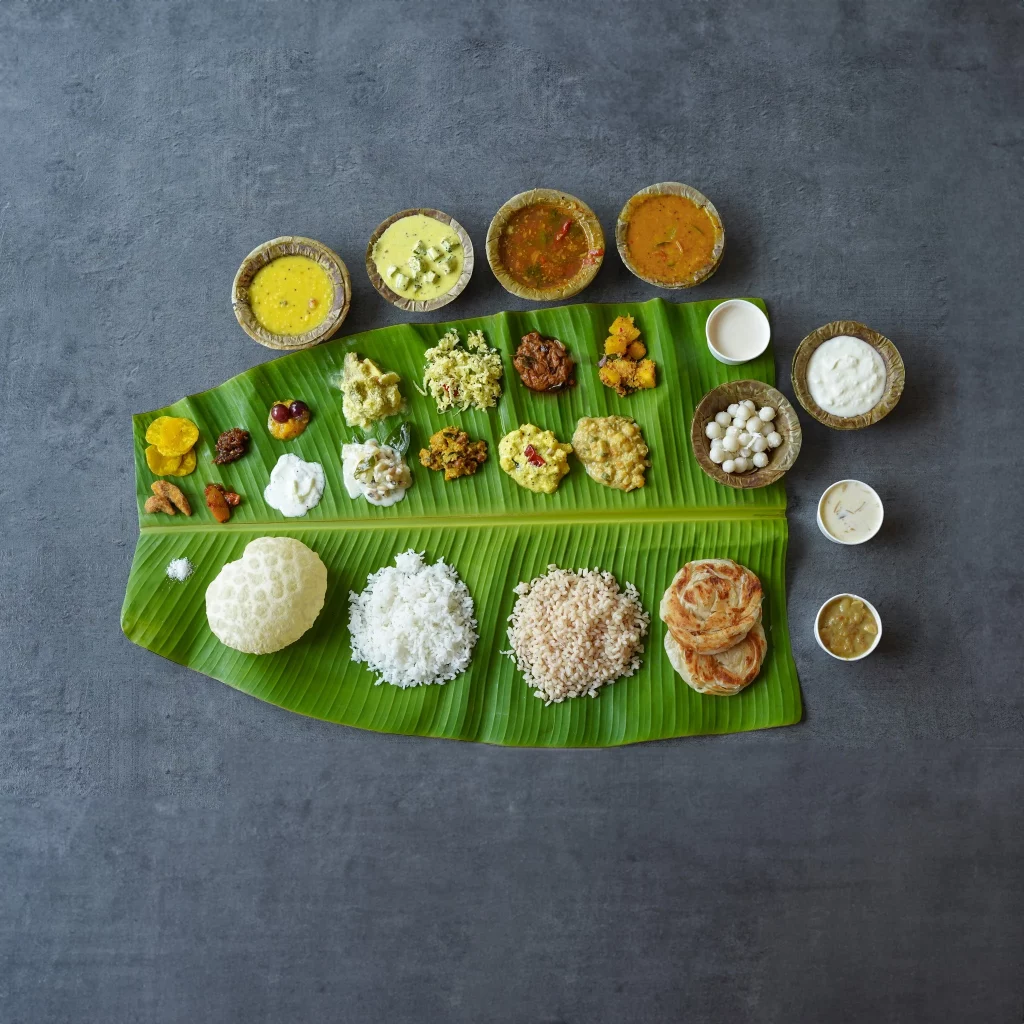
Onam Special | Photo Crfedit: The Filter Coffee
In the next three months, he is set to launch multiple front-end formats, and is excited to see their impact. “We’re also introducing our FMCG brand, ‘Origins by The Filter Coffee’, targeting premium Indian sweets, savouries, hot chips, condiments, and batters. This brand aims to achieve ₹100 crore in ARR by March 2027, with distribution through our restaurants, quick commerce, and modern trade. Our restaurant business will remain the cornerstone of our growth, targeting a ₹250 crore milestone by March 2027. We’re preparing our supply chain in NCR, Lucknow, Indore, and Guwahati to support this expansion. We also plan to enter the Middle East, USA, Canada, and Australia in a staggered rollout between 2028 and 2030,” he signs off.
- Follow Avinit Bagri on LinkedIn
ALSO READ: Horn Please, Pinki Ji, Don’t Tell Aunty: Jessi Singh turning Indian dining into a global party
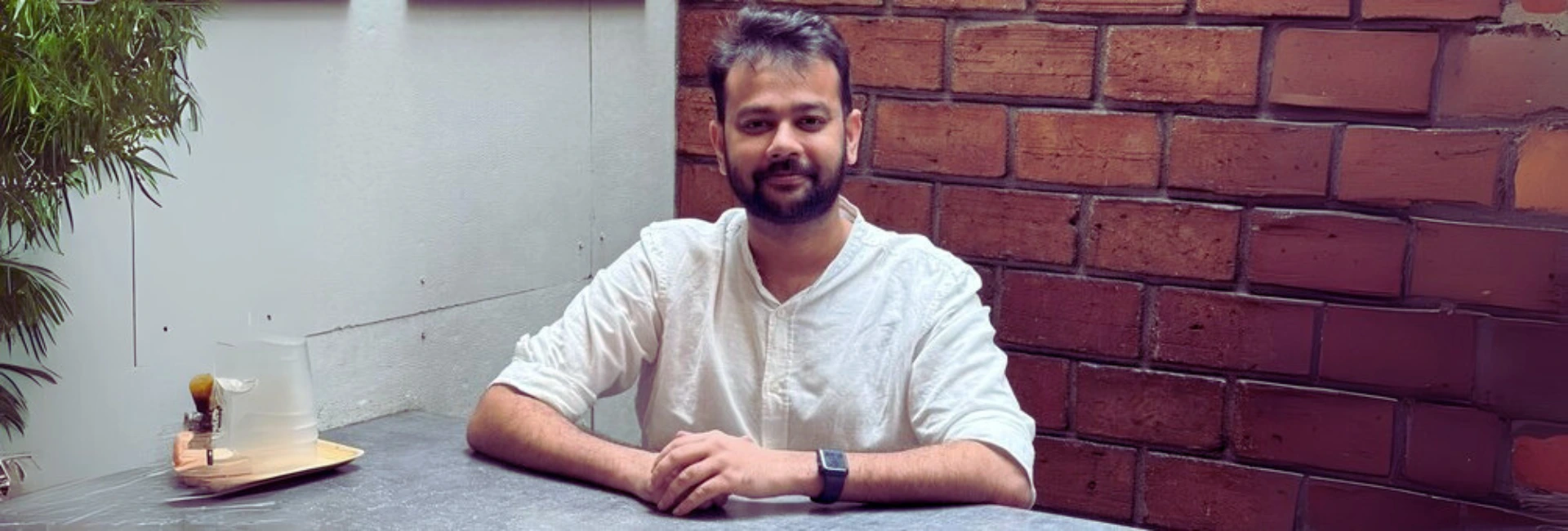



Very proud of you dear
Very proud of you Avinit, will come one day to enjoy the food.